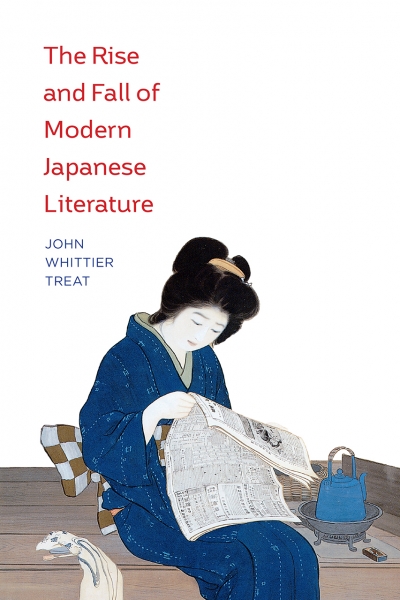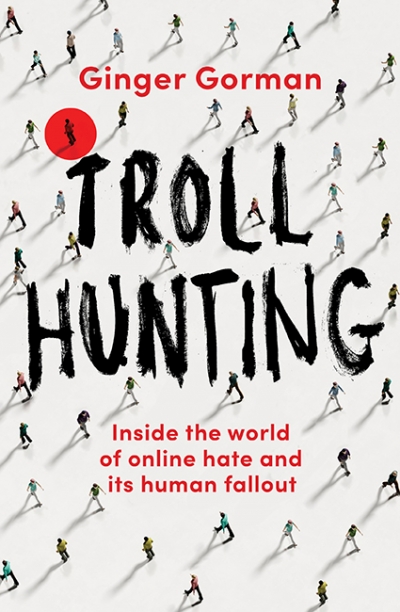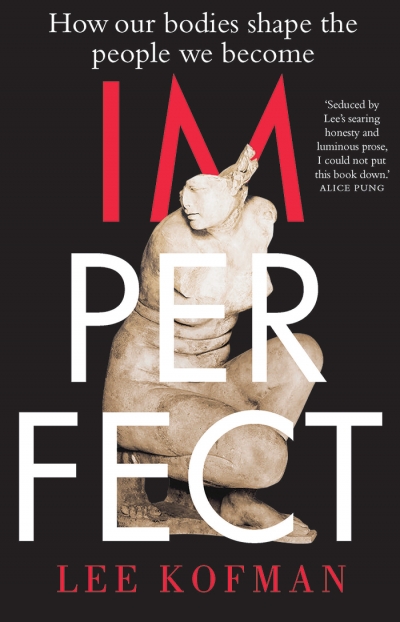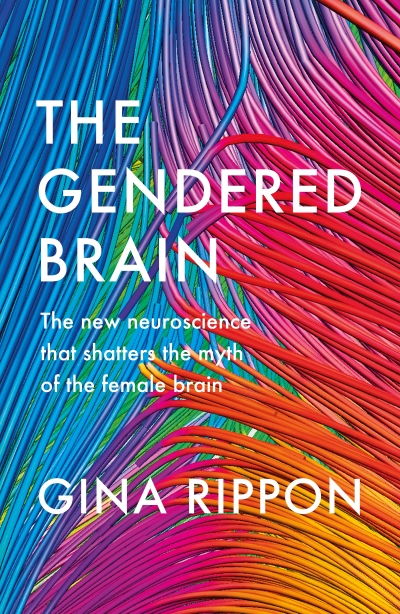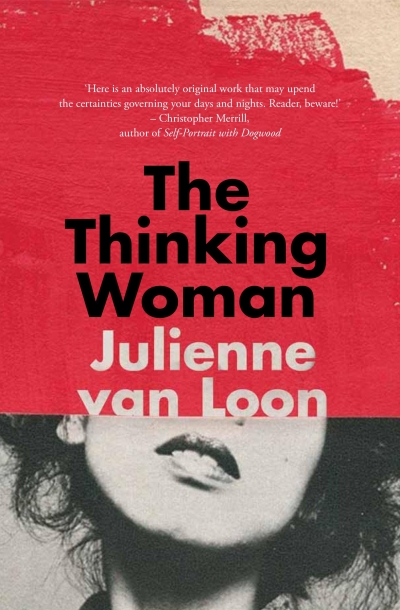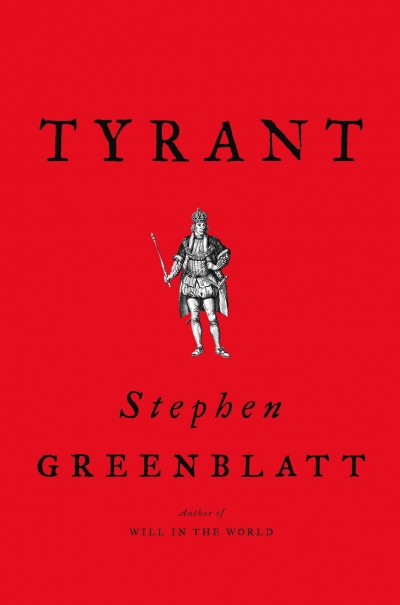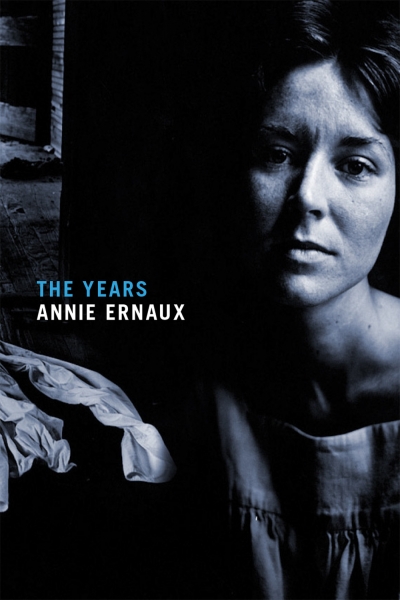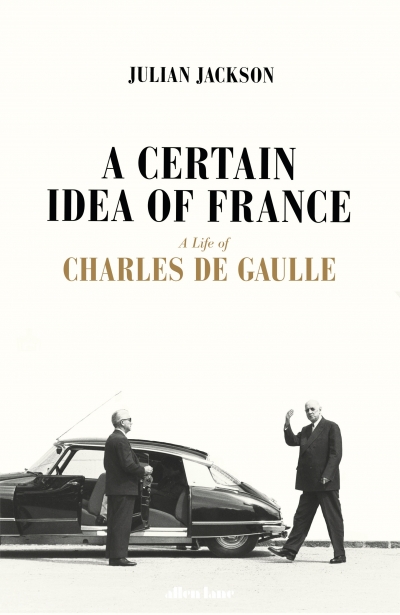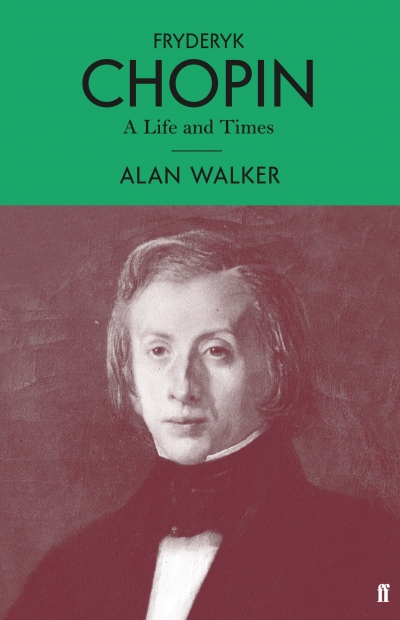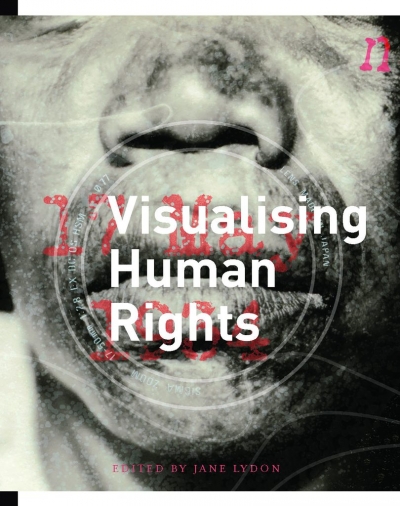Non Fiction
The Rise and Fall of Modern Japanese Literature by John Whittier Treat
In his 1998 book, Japanese Literature as ‘fluctuation’ (‘Yuragi’ no nihon bungaku), Komori Yōichi deconstructs the concept of ‘modern Japanese literature’ by examining the Encyclopedia of Modern Japanese Literature (『日本近代文学大辞典』), an impressive work that, despite its six volumes ...
... (read more)Troll Hunting: Inside the world of online hate and its human fallout by Ginger Gorman
Ginger Gorman’s book-length piece of investigative journalism, Troll Hunting: Inside the world of online hate and its human fallout, arose from her experiences as a victim of cyberhate in 2013. Through her own example, and the examples of others, she shows the vulnerability of all internet users to cyberhate ...
... (read more)Imperfect: How our bodies shape the people we become by Lee Kofman
A marble statue of a crouching Venus disfigured by age and circumstance appears on the cover of Lee Kofman’s Imperfect. The goddess of love and beauty is a ruin, although one capable of radiating an uncertain allure. Through a deft trick of typography, the emblazoned title can be read as either ‘Imperfect’ or ‘I’m Perfect’ ...
... (read more)The Gendered Brain: The new neuroscience that shatters the myth of the female brain by Gina Rippon
A few intellectually superior women exist, conceded nineteenth-century anthropologist Gustav Le Bon, but ‘they are as exceptional as the birth of any monstrosity, as, for example, of a gorilla with two heads’. Armed with cephalometers, scales, and birdseed for measuring skull volumes ...
... (read more)Novelist and academic Julienne van Loon does not doubt that the thinking woman is ‘alive and well’, but when she scans the (mostly) male names in bookstore philosophy sections and the (mostly) male staff lists of university philosophy departments, she wonders where they are hiding ...
... (read more)In 2017, Oskar Eustis directed the Public Theater production of Julius Caesar – a play that pivots on the assassination of a political leader – in Central Park with a lead actor who bore an unmistakable likeness to the forty-fifth president of the United States. The conservative backlash was swift and powerful ...
... (read more)The word indicible appears frequently in the work of French author Annie Ernaux. In English, it means ‘inexpressible’ or ‘unspeakable’. Yet saying the unsayable – or rather, exploring the crevice between what is discussed openly and the inexpressible within – is where Ernaux excels ...
... (read more)A Certain Idea of France: The life of Charles de Gaulle by Julian Jackson
There is a scene in Monty Python and the Holy Grail outside a castle, brimming with French men-at-arms, who taunt King Arthur and his knights remorselessly, while the Britons are convinced that the Holy Grail lies behind the drawbridge. The Grail was, of course, membership of the Common Market ...
... (read more)The author and critic Richard Ellmann died in May 1987, a handful of months before the publication of his biography of Oscar Wilde. Twenty years in the making, the book instantly established a benchmark in literary biography. Psychologically astute and critically nuanced, Oscar Wilde invites ...
... (read more)How do you visually portray a concept like human rights? Much of the scholarship around this question focuses on the idea that to understand what human rights might look like, we have to visualise life without them. Historically, photography has played a significant role in exposing violations of human rights to a mass audience ...
... (read more)

